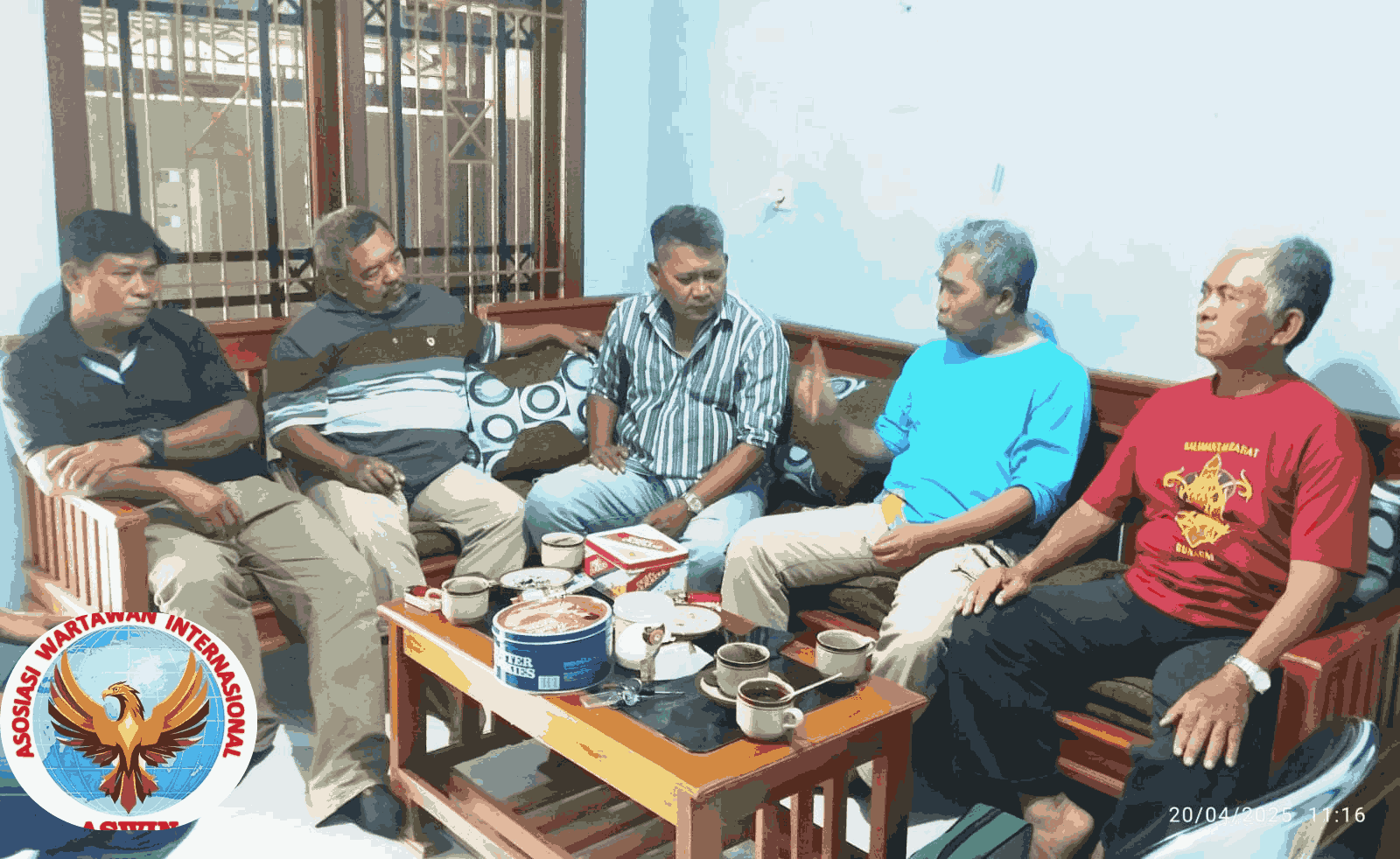School Committee Dilemmas and Problems: Between Education Partners, Extortion Nests and School Burdens
By: H. Sujaya, S. Pd. Gr.
(Advisory Board of the DPP of the International Journalists Association – ASWIN)
School committees are actually formed as school partners to improve the quality of education services. Ideally, the committee becomes a bridge between parents, the community, and schools, encouraging collaboration for better education. However, the reality on the ground actually shows the opposite direction. Many school committees in Indonesia have now become symbols of complicated bureaucracy, extortion nests, and additional burdens for schools and parents of students.
One of the most crucial issues is the issue of extortion that is often carried out by school committees under the pretext of “voluntary donations” or “inpak” (forced instructions). In fact, the donations are often pegged at a nominal amount, are mandatory, and become administrative requirements for basic things such as taking report cards or participating in school activities. This clearly violates the principle of voluntariness which is the spirit of the donation itself.
Ironically, this kind of practice is no longer a secret. Many parents feel that they are being disrespected, but do not dare to speak up for fear that their children will be treated differently at school. Schools often choose to remain silent, because the involvement of the committee can be a source of additional funds amidst the government’s minimal budget.
This situation is exacerbated by the weak supervision of the role and function of the school committee. Although there is a legal umbrella such as Permendikbud Number 75 of 2016 which regulates the limits of levies and committee duties, its implementation is still far from expectations. The absence of strict sanctions for violators allows deviant practices to continue to thrive.
This problem creates a crisis of trust between the school, parents, and the committee itself. Instead of being a supportive partner, the committee often becomes a “little ruler” who feels entitled to regulate and pressure the school, even in managerial matters. Clearly this is a burden on the school. Instead of the committee’s job of paying attention to and helping the school, it has become a burden on the school.
It is time for the regional and central governments to take firm steps. The school committee must return to its function: as an institution that supports the quality of education in a transparent, accountable, and non-pressure manner. Otherwise, the school committee will only become a new burden that will harm the spirit of mutual cooperation in the world of education?
Indramayu. 4/22/2025
—
![]()




